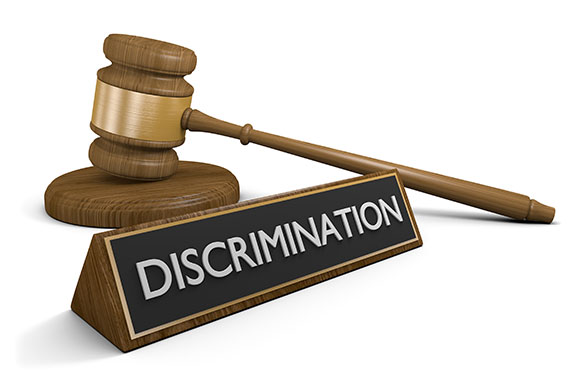Race, color, and national origin discrimination in the workplace remains one of the most common charges filed by employees with the U.S. Equal Employment Opportunity Commission (EEOC). The race discrimination lawyers at Jackson Spencer Law have many years of experience representing victims of discrimination and a proven track record of obtaining significant settlements and awards for our clients.
If you feel like your race, color, or national origin has played a role in preventing you from getting hired or promoted, has affected your rate of pay compared to co-workers of a different race, or has even resulted in termination, please read on for what to know before your free consultation.





